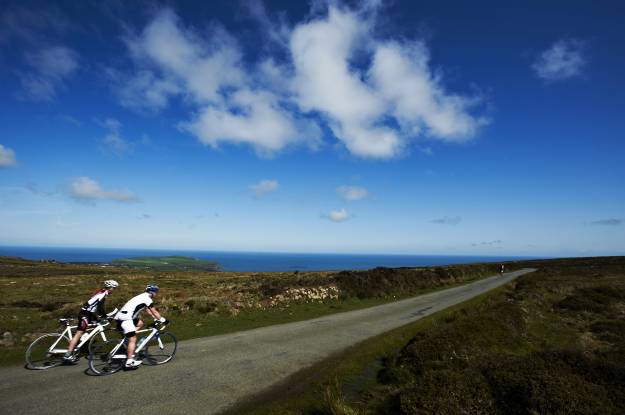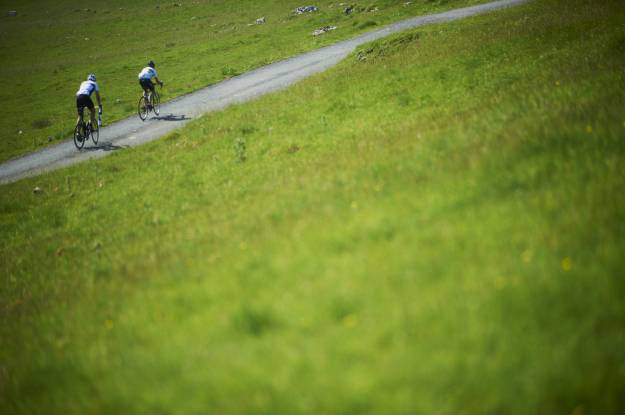In a sign of how cycling is continuing to move up the political agenda, just a week after the well-attended , British Cycling, CTC, Sustrans, AA, Roadpeace and other organisations attended the Labour Party’s ‘Cycling Summit’ at Portcullis House, Westminster.
The summit, chaired by Ben Bradshaw, MP for Exeter, was intended as a listening exercise to help Shadow Transport Secretary Maria Eagle MP and her department shape Labour policy on cycling. Ms Eagle and Mr Bradshaw were key speakers at the previous week’s Westminster Hall debate, both speaking eloquently of the need for government to embed consideration of cyclists into all transport policy decisions.
During the Westminster debate Ms Eagle proposed that future road and transport schemes should all be subject to “a cycling safety assessment before approval, in the same way that all Government policies and spending are subject to an economic impact assessment and an equality impact assessment.” This echoed what Mr Bradshaw had said earlier in the debate, stressing “the need for co-ordination” before highlighting the need to get “all the different Departments that are interested in cycling working together.”
At the summit, British Cycling, represented by Policy and Legal Affairs Director Martin Gibbs, led calls for the DfT to put consideration of cycling at the centre of everything the department does. The need for ‘top-down’ political leadership to make other departments (e.g. Health, Justice, Education) work with the DfT on cycling, together with the ring-fencing of a portion of the DfT's budget specifically for cycling also emerged as key early themes.
British Cycling went on to echo The Times’ ‘Cities Fit for Cycling’ manifesto, calling for action on identifying the worst 500 junctions – a key concern highlighted in British Cycling’s recent member survey. The governing body quoted from Olympic Champion Nicole Cooke’s letter to mayoral candidates, in which she wrote, “I certainly wouldn't fancy riding across Vauxhall Cross or the Elephant and Castle in rush hour”. British Cycling asked what sort of message this sends out to regular bike commuters, making the point that there's little respect for cyclists if dangerous junctions that make so little provision for cycling are allowed to exist.
“Mutual respect” is the overarching theme of British Cycling’s road safety policy, a point reinforced by British Cycling during the summit. The governing body’s membership survey showed that 87 per cent of members also owned a car, leading Gibbs to point out to summit attendees that “it would be helpful to move away from the terms 'cyclist' and 'driver'. We're people on bikes and people in cars, often both in the same day.”
British Cycling’s Road Safety manifesto highlights six major areas of action; cycling infrastructure, cycling awareness, road user training, HGVs, urban speed limits and law enforcement. All of these key themes were raised in the summit by various speakers; a remarkable testament to the degree of common ground shared by the summit speakers, which included safety campaigners, road designers, local government, motoring organisations and HGV operators.
The views gathered from British Cycling and other organisations during the summit will be fed into Labour’s wider Policy Review, led by Labour leader Ed Miliband.










